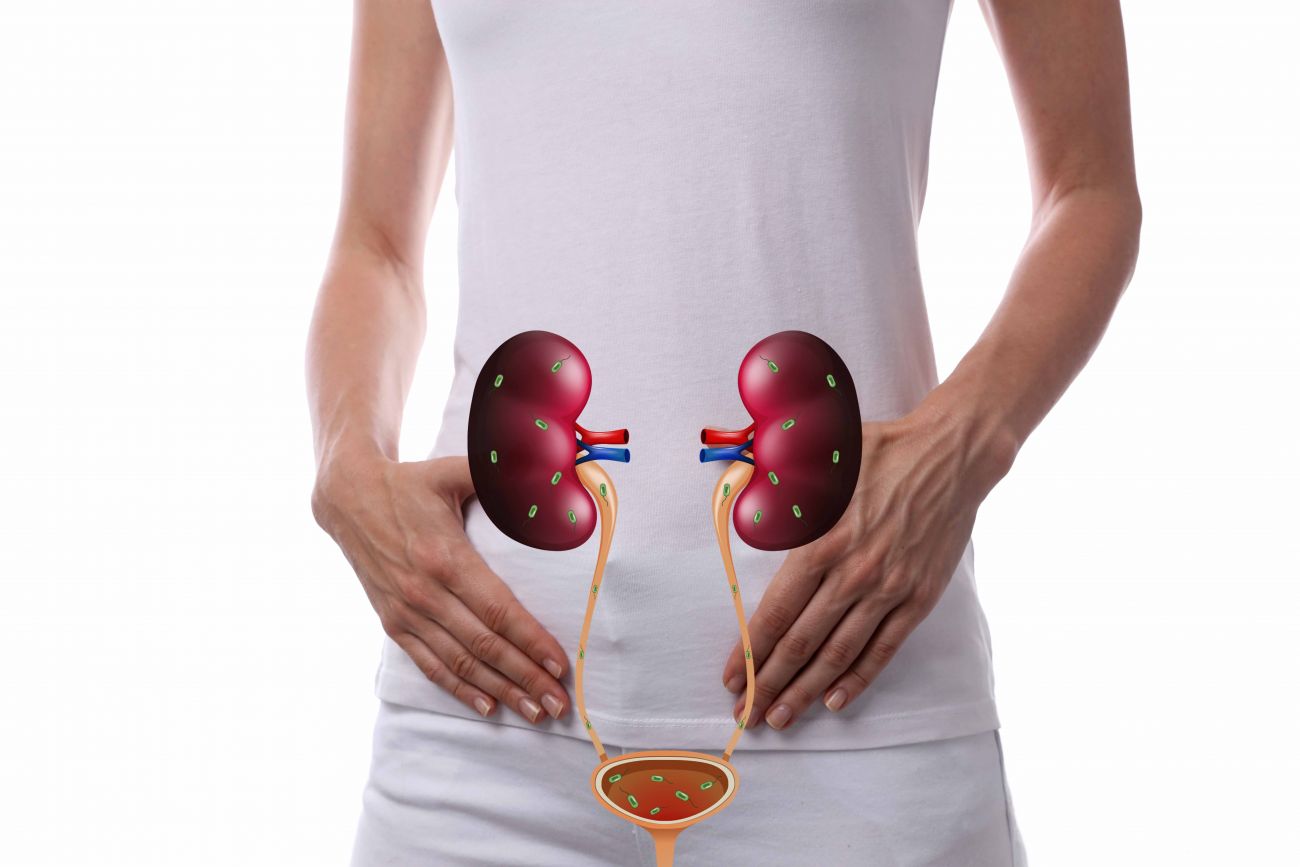If you experience frequent urinary tract infections, is that a sign that you might have bladder cancer — or might get it in the future?
Not typically, according to Tessa Flores, MD, Medical Director of Cancer Survivorship and Screening at Roswell Park Comprehensive Cancer Center.
While a urinary tract infection (UTI) and bladder cancer can produce similar symptoms, Dr. Flores says, having frequent UTIs doesn’t mean you have bladder cancer.
“There is preliminary data that there might be an association between recurrent UTIs and a specific and rare type of bladder cancer called squamous cell carcinoma,” she says. “But typically, no, having UTIs doesn’t mean you have bladder cancer.”
Bladder cancer is the sixth most common cancer in the U.S. It occurs when cells that make up the bladder lining begin to grow abnormally. As the abnormal cells multiply, they form a cluster called a tumor.
Bladder cancer risk factors
Who’s at risk for bladder cancer? It’s four times more likely to be diagnosed in men than women. Smokers are three times more likely than nonsmokers to develop bladder cancer. The risk also increases for people who work in industries that involve cancer-causing chemicals, including pesticides, dyes, rubber, metal, paint, printing inks, leather and some hairdressing solutions. And people with a family history of bladder cancer or who have had prior cancer treatment involving certain drugs or radiation to the pelvis are at increased risk.
To lower your risk, don’t smoke, and limit your occupational exposure to cancer-causing chemicals.
Avoiding UTIs
The most common UTI is a bladder infection. To help prevent a UTI:
- Practice good personal hygiene. If you’re female, wipe from front to back after using the bathroom.
- Take showers rather than baths.
- Drink at least 1.5 liters of fluid a day.
- Shower and/or urinate after sexual intercourse.
Symptoms to watch for that might indicate either a UTI or bladder cancer include:
- Hematuria (blood in your urine)
- Urgent need to urinate
- Frequent urination
- Dysuria (painful or difficult urination)
- Feeling the need to urinate, but nothing comes out
- Needing to strain or bear down while urinating
When to get checked
Dr. Flores says difficulty urinating is “a red flag symptom” and recommends calling your doctor if you experience any of the above symptoms, particularly if you have been treated with an antibiotic for a UTI and these symptoms occur soon afterward.
There are two main types of bladder cancer:
Transitional cell carcinoma (also called urothelial carcinoma) is the most common type of bladder cancer in the U.S. This low-grade cancer accounts for about 95% of cases. Typically it’s not life-threatening, but often it’s difficult to manage and lasts a long time.
Squamous cell carcinoma, which accounts for about 5% of bladder cancers, is a very aggressive, high-grade malignancy. The vast majority of bladder cancer patients seen at Roswell Park are treated for this type. However, at the national level, this particular diagnosis makes up a small portion of people who are diagnosed with bladder cancer.
Early treatment is key for bladder cancer. Half of bladder cancers are diagnosed at a very early stage called in situ. Patients diagnosed and treated at this stage have a five-year survival rate of 95.8%.
Why Roswell Park for Bladder Cancer?
Get more information on diagnosing and treating bladder cancer.
Learn More
